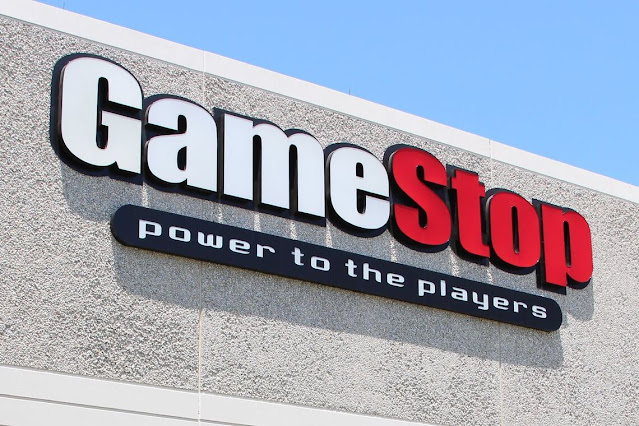- FTX, a crypto exchange platform, announced a new partnership with GameStop, following the July launch of its own NFT marketplace.
- According to GameStop's official statement, the partnership will introduce FTX's Web3 suite of services to GameStop's growing Web3-savvy customer base - and crucially, FTX also offers an NFT marketplace.
- Additionally, this partnership will offer FTX gift cards at select GameStop locations.
Why it matters
Amid an industry-wide shift towards digital game marketplaces, GameStop's NFT marketplace has received middling to sometimes overwhelmingly negative feedback. It is well known by PC gamers that most laptops and pre-built desktop PCs have been built without disk drives for a long time. As part of its strategy to onboard its customers to the Web3, GameStop released its own non-custodial crypto wallet before launching its NFT marketplace.
What has been the result of GameStop's Web3 bet? Sales generated by GameStop's NFT marketplace exceeded $7 million within the first few days. As of this writing, the amount has exceeded $20 million. In the NFT marketplace, however, sales have recently slumped, including a recent 24-hour period when just $4,000 worth of sales were recorded in the marketplace, according to a Cointelegraph report.
What’s next
The mainstream gaming community has long been critical of Web3 technologies, particularly NFTs. Gamers, however, are generally considered to be the best ambassadors for blockchain.
As the debate over play-to-earn (P2E) versus play-and-earn rages on in the blockchain gaming industry, more established players may be tasked with the task of onboarding new users into Web3. It appears that most of GameStop's decision-makers still feel that way, despite the company's continued commitment to Web3 infrastructure.

Comments
Post a Comment